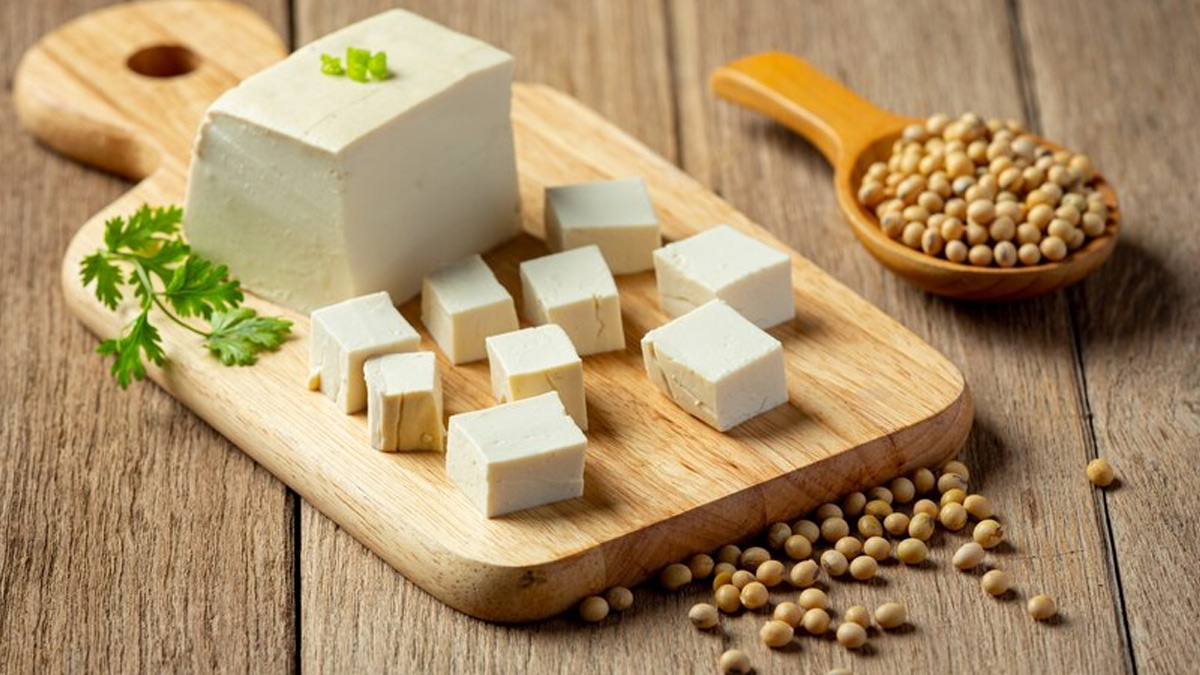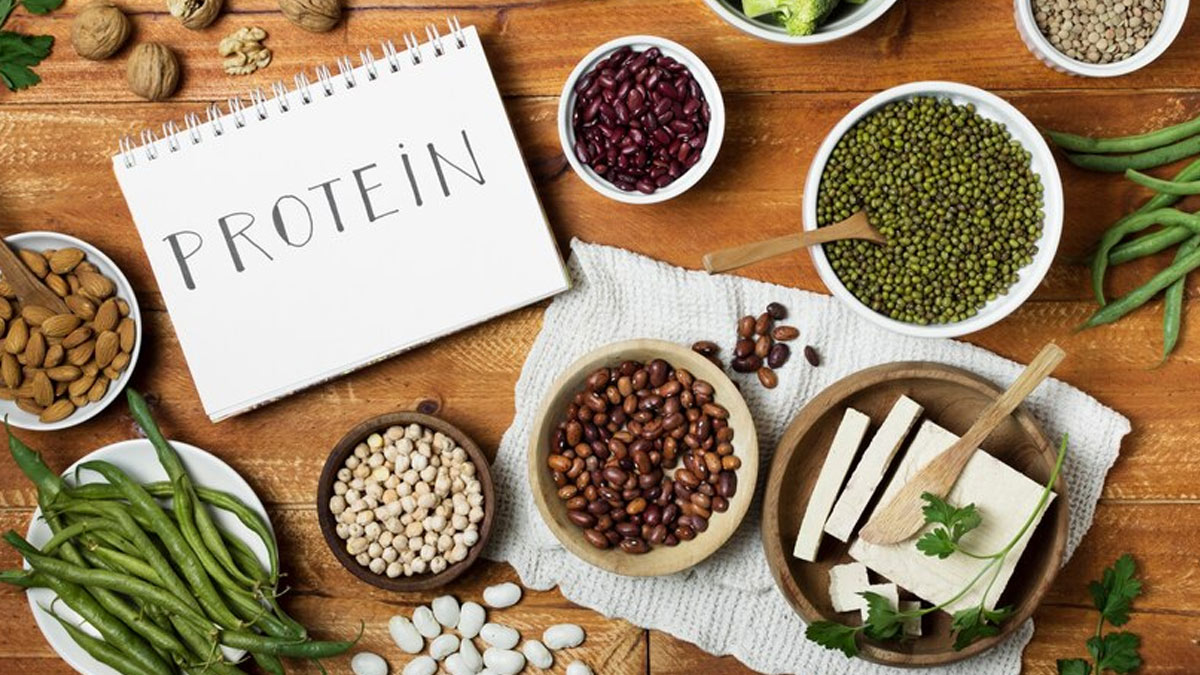
We’ve all been there, those moments when your favourite jeans feel like a straightjacket, or when your stomach looks like you've swallowed a balloon. Bloating is that unwelcome guest that shows up uninvited and overstays. Bloating can turn even the most enjoyable meals into a source of discomfort. However, bloating problems can be solved by focusing on what you eat.
Table of Content:-
Enter plant protein — a gentle, effective solution that’s gaining popularity among health enthusiasts and fitness buffs alike. Unlike some animal-based proteins, plant proteins are easier to digest, packed with fibre, and less likely to cause that dreaded bloat.
To understand how plant protein works in solving bloating problems, OnlyMyHealth team spoke to Haripriya N Executive Nutritionist, Cloudnine Group of Hospital, Chennai.
Explaining bloating, Haripriya said, “Bloating is a common digestive issue characterised by a feeling of fullness, pressure, or discomfort in the abdomen, often accompanied by visible distension.” While various factors can contribute to bloating, including dietary habits, inappropriate combinations of food, food intolerances, and digestive disorders, making certain dietary adjustments can help alleviate this uncomfortable condition.

Citing examples, Haripriya said, “Light meals, herbal concoctions to prevent and reduce bloating, including fermented products for probiotics, choosing products by reading the label or with the help of a qualified dietitian if you are allergic,” adding, “One such adjustment involves incorporating plant protein into the diet. Plant protein can be beneficial in addressing bloating issues for several reasons, which we will explore in detail.”
Also read: Can Giving Up Bread Prevent Bloating? Expert Explains
Benefits of Plant Protein for Bloating
Plant proteins, derived from sources such as beans, lentils, peas, nuts, seeds, soya and whole grains, offer several advantages that can help mitigate bloating:
1. Lower Fat Content: “Plant proteins generally contain less fat compared to animal proteins, especially saturated fats. High-fat foods can delay stomach emptying, leading to bloating and discomfort,” said Haripriya. By opting for plant proteins, you can reduce fat intake and potentially minimise bloating.

2. High Fibre Content: Many plant-based protein sources are rich in dietary fibre. “Fibre aids in digestion by promoting regular bowel movements and preventing constipation, a common cause of bloating. However, it’s important to increase fibre intake gradually to avoid initial bloating, as the digestive system needs time to adjust,” said Haripriya.
3. Easier Digestion: Plant proteins are often easier to digest compared to animal proteins, which can be harder on the digestive system. Giving an example, Haripriya said, “Legumes and grains, when properly prepared, can be less likely to cause digestive discomfort. Fermented plant protein products, like tempeh and miso, are particularly beneficial as they contain probiotics that support gut health.”
4. Anti-inflammatory Properties: Certain plant proteins, such as those from nuts and seeds, contain anti-inflammatory compounds that can soothe the digestive tract and reduce bloating associated with inflammation.

Also read: Constipation Bloating Can Be Distressing: How To Relieve It?
5. Prebiotic Benefits: Some plant proteins, like those from beans and legumes, contain prebiotics – non-digestible fibres that promote the growth of beneficial gut bacteria. A healthy gut microbiome can enhance digestion and reduce bloating.
Based on the above-mentioned benefits, Pulses contain insoluble fibres, resistant starch and oligosaccharides function as probiotics and possess several other health benefits such as anti-inflammatory, reduces excess glucose as well as lipid levels in blood and prevents metabolic disorders.
Conclusion
Incorporating plant protein into your diet can be a strategic move to alleviate bloating issues. The lower fat content, high fibre, easier digestibility, anti-inflammatory properties, and prebiotic benefits of plant proteins make them a valuable addition to a bloating-friendly diet. By diversifying your sources, preparing foods properly, and introducing them gradually, you can harness the benefits of plant protein while maintaining a healthy and comfortable digestive system. If bloating persists, it’s advisable to consult with a healthcare professional to rule out any underlying conditions and receive personalised dietary advice.
Also watch this video
How we keep this article up to date:
We work with experts and keep a close eye on the latest in health and wellness. Whenever there is a new research or helpful information, we update our articles with accurate and useful advice.
Current Version